Each week students are required to spend at least 30 minutes keeping up with social justice related topics as they relate to the topics and themes of the books we are reading. Each student then posts a link to an online article, video, blog, etc. to our discussion board with their thoughts, connections, and wonderings. These initial posts become an engaging and thoughtful resource for us to return to throughout the semester and in the future.
After they post, students read through what others have posted and respond to ones that stand out to them. We get some fantastic questions and in-depth conversations before the students even come to class.
These are the exact directions I give:
Steps:
- Think about the socio-political concerns raised in the texts, search online,
- Post a link and your thoughts on the link/connections to texts/how it relates to class material/teaching, AND
- Read over some of the posts by your classmates and start/contribute to the conversation. This is meant to be an online dialogue!
One student posted:
- "I wanted to research the experience of students who identify as multiracial in U.S. schools after reading Sharon Draper's portrayal of Isabella's treatment by some of her peers. According to the American Academy of Child & Adolescent Psychiatry, 10 percent of children born in the U.S. in 2013 had parents of more than one race, and this demographic is growing quickly. While being multiracial is an enriching experience for most children and has not been found to change children's self-esteem or raise their risk of psychiatric problems, those who embrace their multiracial or multicultural identity end up happier than multiracial children who identify with only one race. This data suggests that it's important for schools to be places where students don't feel they have to conform to a single racial stereotype or identity and where all aspects of their identity are affirmed. Pertinent to Blended, the AACAP notes that "multiracial children in divorced families may have greater difficulties accepting and valuing the cultures of both parents." This article offers some helpful anecdotes and examples of how educators can make schools and classrooms welcoming and affirming for children who identify as multiracial. Nancy Brown, president of the Association for MultiEthnic Americans, states that it's important not to create another ambiguous racial category called "multiracial" on forms, because we want to move away from classifying people by race — instead, the standard now is to allow people to select multiple options."
Some of the responses from classmates were:
- "This post is super informative and I'm glad there are resources out there to support and affirm multiracial children. This makes me think about standardized testing and how children are forced to select one race when they are clarifying their background information. This is also something that is brought up in Blended, and I can imagine that it is super frustrating for multiracial children to feel like they have to align with one racial identifier. I hope that as schools continue to diversify, they encourage students to embrace all aspects of their identity rather than pushing conformity and limitations."
- "Children should not have to choose to identify with only one aspect of their identity, as they do on forms and standardized tests. Classrooms should be a place where all identities are embraced. I would love to see literature and classroom resources that embrace all identities and help all children feel represented!"
- "I love this call for understanding, accepting, and supporting students with difficult home situations. I think that in Izzy's story we see that when her friends understand and support her in her situation she finds some comfort. I had a student whose parents were divorced and his home life at different parents' houses were very different which caused him to fluctuate emotionally in the classroom. Being able to work with him to set the expectations in our classroom while giving him space to learn to work through these difficult switches and emotions ended up creating an easier transition for him with time. I think that is the most important piece I learned about social-emotional learning. It takes time like any other learning but it is so worth it!!"
1. Use the posts to deepen in-person discussions both whole group and in small group. It's great to hear a student in a small group say, "In your social justice post this week, I thought about..." or when a group member asks a question and a student says, "Oh, I wrote my post on that this week!" If necessary, provide sentence stems to help students get started with thoughtful discussion. Some examples:
- I can relate to the part you shared about (topic) because (reason).
- Your post changed the way I think about (topic) because (reason).
- When (name) commented on your post, it made me think of (topic).
- You asked a great question at the end of your post, let's explore that together. (inset question from the post)
3. I don't actually ask students to track time their 30 minute investigation outside of class--it's just a guideline/expectation.
The above examples are with college students, and you might think that this would be impossible with your students. It is not! I did this with middle school students. While reading Alma Fullerton's Walking on Glass, 8th graders connected to real world articles on suicide-attempts, comas, and depression where they shared statistics, causes, resources, etc. for supporting mental health in themselves and others. Another example is when the 7th graders read Wednesday Wars by Gary Schmidt, and they connected to adolescents changing relationships with their parents, the Vietnam War, religious differences in the town, and trying to figure out what really matters. I've learned that when we task students and readers to connect to the wider world and life outside of school, they are more willing to engage in the "necessary school-ELA" discussions in class. It's also extremely rewarding for students to amplify their connections from their lives to our classroom community.
What ways have you connected the world to your students' learning?
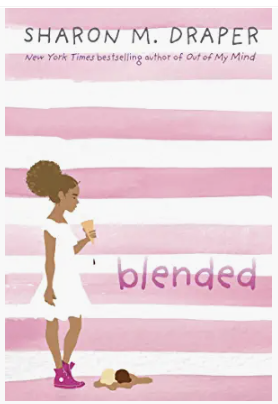
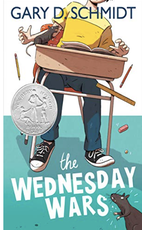
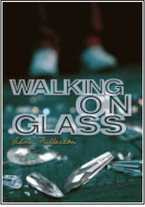
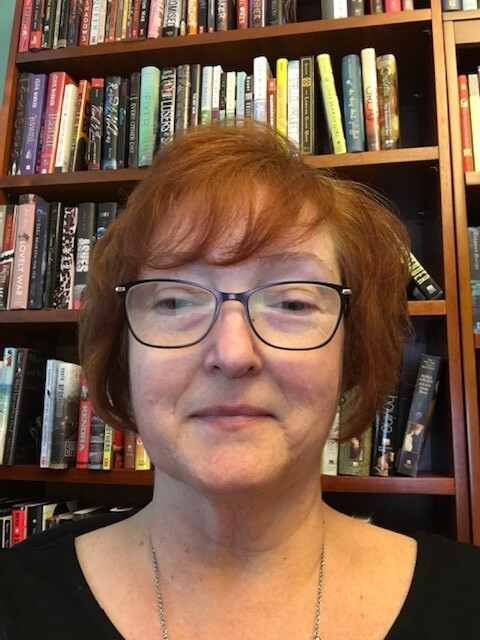
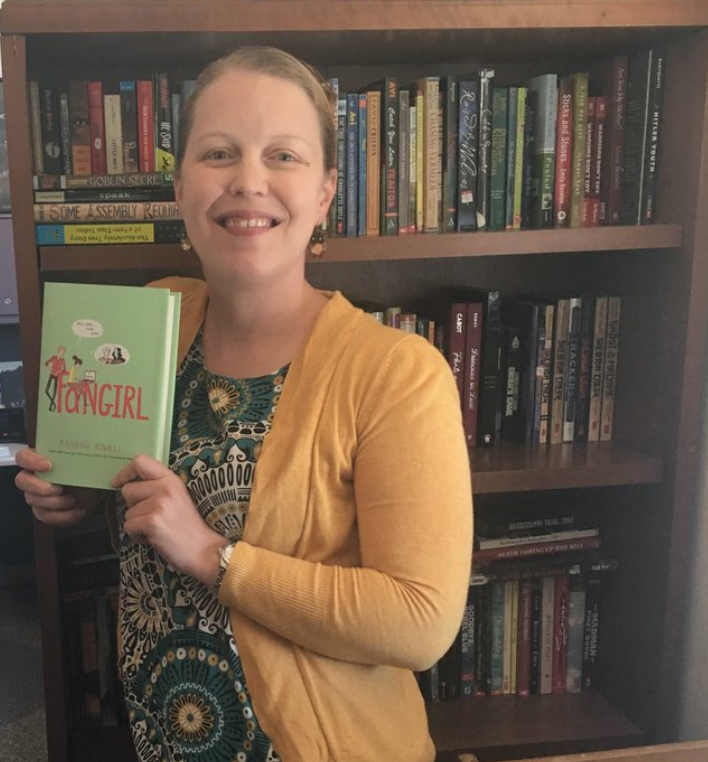


 RSS Feed
RSS Feed